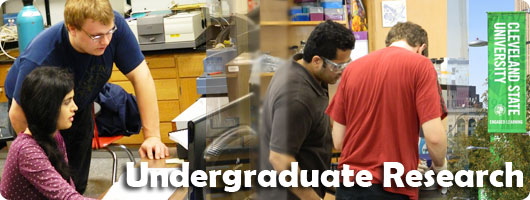
Title
Investigating Gendered Health, Reproduction, and Biosociality Among Senegalese Men: a Methodological Comparison
Files
Description
The study of health, identity, and agency within the field of Medical Anthropology has a solid history stretching back at least half a century to Goffman’s 1963 work on stigma (Whyte 2009). Reproductive anthropology claims to investigate the behavior, conceptualizations, and values of particular communities with respect to sex and reproduction, but in fact, the focus has been almost exclusively on the women of these communities. This pilot study focused instead on the male residents of Dakar, Senegal, which occupies an intersection of French, Wolof, and Islamic cultures with their distinct ontologies, epistemologies, and moral philosophies. This project tested methods for investigating how Senegalese men conceptualize reproductive health and decision-making in correlation with socioeconomic status, caste status, religious beliefs, marital status, and education. Two classic anthropological research methods were utilized: participant-observation and semi-structured interviews. This poster offers visual comparison of the results of the application of these two methods on questions of the ideological contextualization of the body, the role of and attitudes toward reproductive technologies, types of treatment-seeking behavior, and attitudes about children, parenting, and childbirth.
Publication Date
9-20-2013
Recommended Citation
Powis, Richard T. III and Hoffman, Barbara G. Ph.D., "Investigating Gendered Health, Reproduction, and Biosociality Among Senegalese Men: a Methodological Comparison" (2013). Undergraduate Research Posters 2013. 33.
https://engagedscholarship.csuohio.edu/u_poster_2013/33



